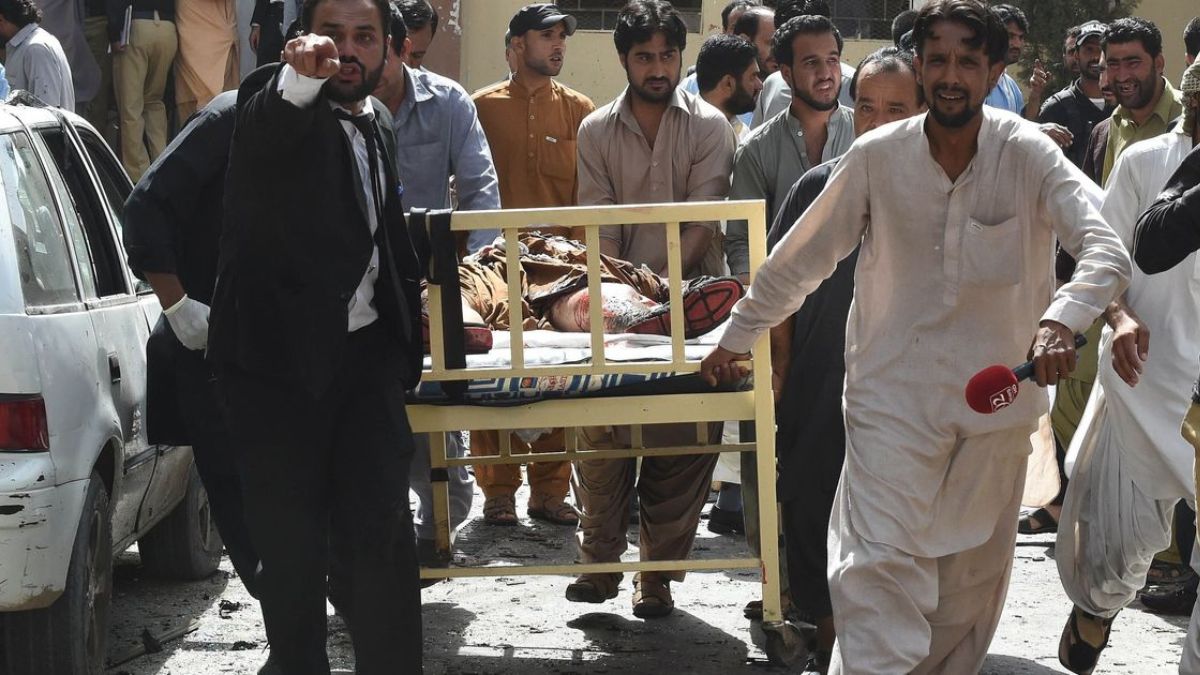The violence in Balochistan has claimed over 70 lives, shocked the region, and heightened concerns about the ongoing instability in the area. The attacks targeted both civilian and security sites, including a market in Quetta, where a vehicle-borne explosive device detonated, resulting in extensive damage and numerous casualties.
The attacks began with a series of bombings and armed assaults targeting civilian and security installations in several key areas, including the provincial capital, Quetta. The initial explosion occurred at a crowded market in the heart of Quetta, where militants detonated a vehicle-borne improvised explosive device (VBIED), causing widespread casualties and extensive damage.
Following the initial attack, militants engaged in a series of coordinated assaults on security checkpoints and government buildings, leading to further fatalities and injuries. The scale and coordination of the attacks suggest a high level of planning and organization, with investigators now working to determine the exact number of attackers and their affiliations.
Local officials and emergency services have been working tirelessly to manage the aftermath of the violence. Hospitals in Quetta and surrounding areas have been overwhelmed with casualties, with medical staff struggling to provide care to the large number of wounded. The Pakistani military has been deployed to the region to assist with security and aid in the search for the attackers.
The Baluchistan province, which has long been plagued by separatist movements and militant violence, has seen a recent escalation in attacks. The Baluchistan Liberation Army (BLA), a militant separatist group, has claimed responsibility for some of the recent violence, though no group has yet claimed responsibility for the latest attacks.

